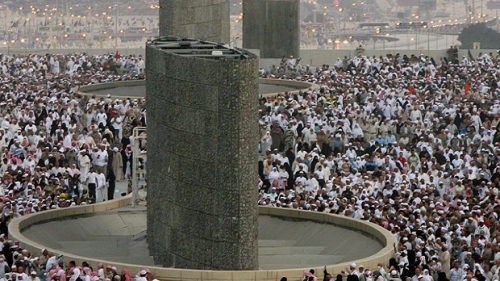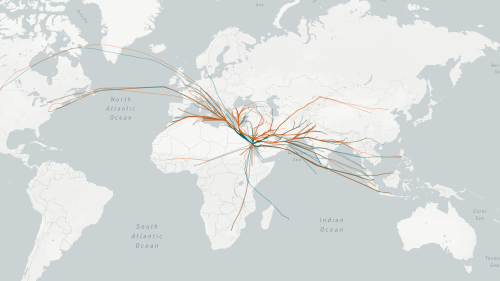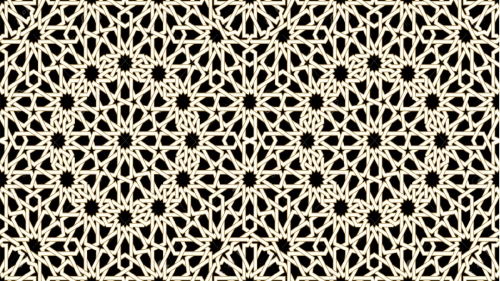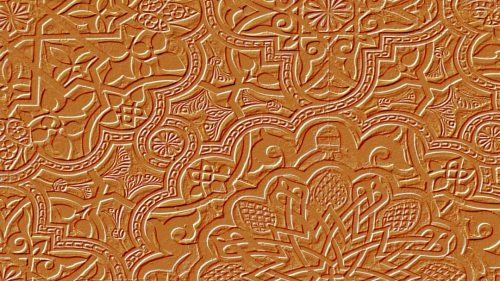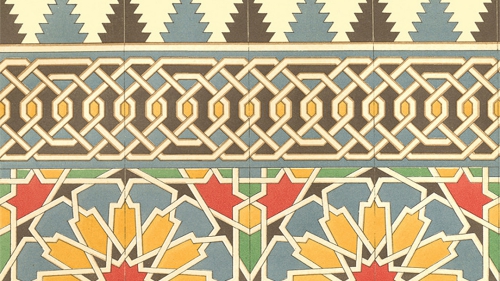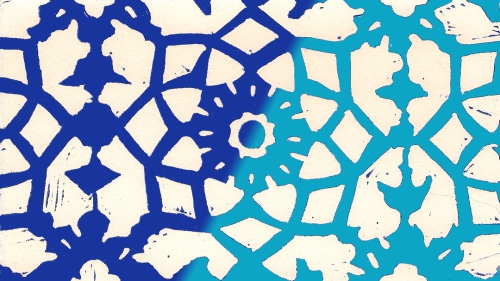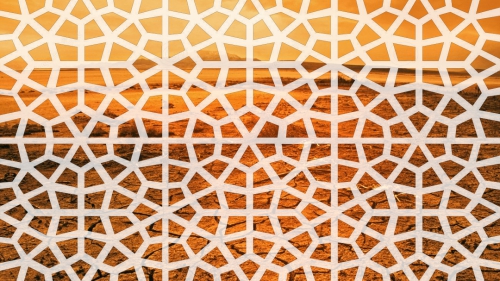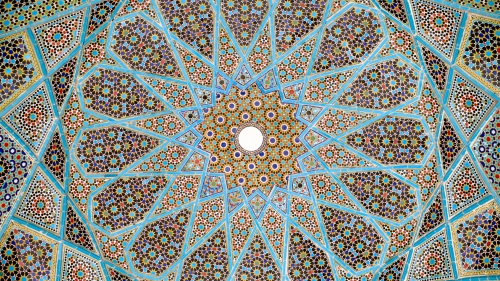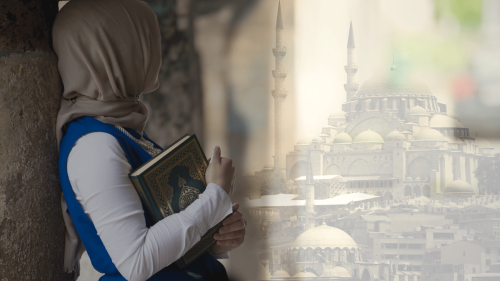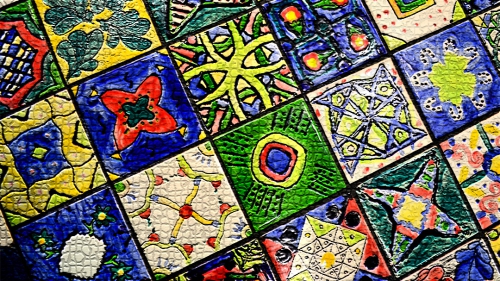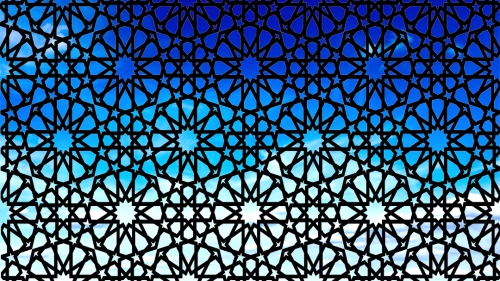Reflections on Ramadan
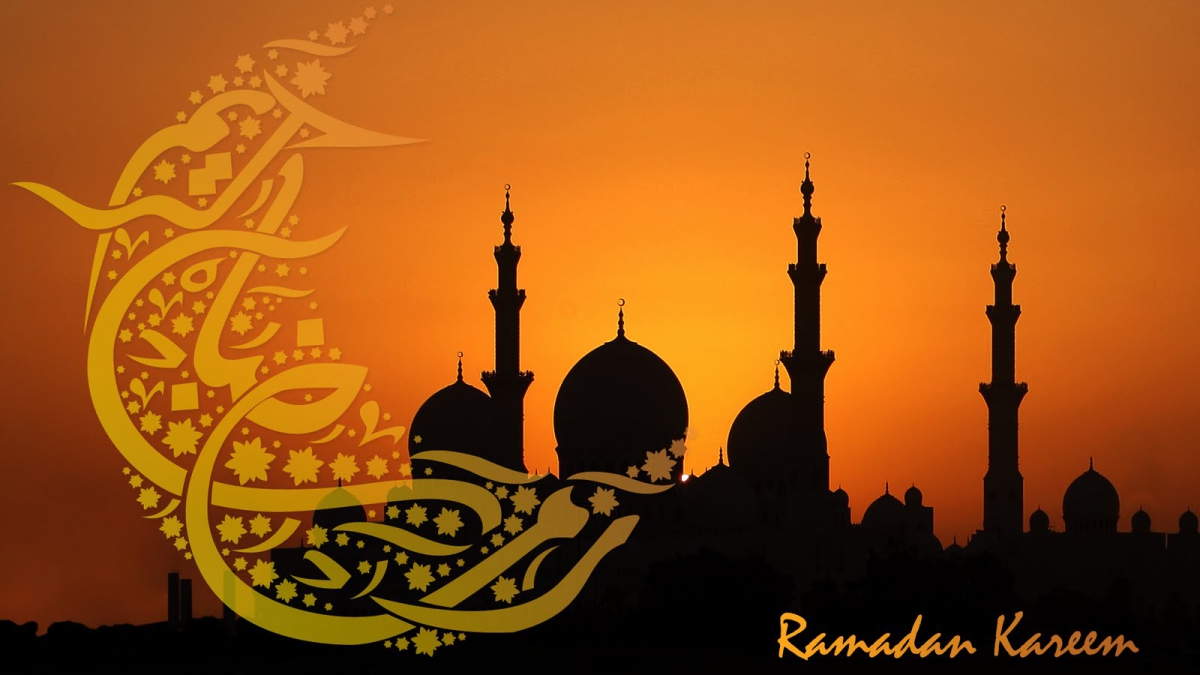
18582



Allah subhanahu wa ta'la in His bounty makes certain times and places holy and blessed, and offers them as His special gifts to man. Nothing is holy or blessed unless He makes it so; man cannot do this.
Through these special times and places Allah (swt) allows us to partake of His overflowing mercy and grace so that we will be thankful to Him. Ramadan is one such special gift from our Lord, containing endless blessings. We should rejoice that this mubarak month is with us again inviting us to receive its blessings.
At the core of all Ramadan's blessings is Taqwa, as Allah (swt) tells us in the Qur'an, "Oh you who believe, fasting is prescribed to you as it was prescribed to those before you, that you may attain Taqwa" (Surah Al Baqarah 2:183). Taqwa</> is the quality of the heart most valued by Allah (swt): "Verily, the noblest of you in the sight of Allah is the one who has the most Taqwa. Behold, Allah is all-knowing, all-aware" (Surah Al-Hujurat, 49:13). When a Muslim has Taqwa, he has every blessing from his Lord: he is blessed with rahmah, magfirah and najah. What more can he need or desire?
Taqwa is a deeply rooted and ever wakeful consciousness in our heart of the power and glory of Allah (swt). It makes the heart become active, alert and responsive to the voice of its Lord. Taqwa engenders simultaneously fear and longing in the heart. The fear is of the displeasure of Allah (swt) and the longing is for His pleasure. The twin emotions of fear and longing also produce the necessary will to restrain oneself from what is displeasing to Allah (swt) and to inspire one to strive eagerly for what is pleasing to Him. Taqwa thus sets the Muslim steadily on the path of sirat-al-mustaqim, the path of true success. His life becomes a life of Ibadah, as Allah (swt) wants it to be.
Ibadah in Islam has two interrelated aspects. One is inner and the other is outer, the inner determining the outer and the outer reflecting the inner. The inner is the state of our heart. The heart must be sound and wakeful. The outer aspect has two opposing directions, one negative and the other positive. We must restrain ourselves from certain things and we must actively engage ourselves with certain things. We must keep ourselves away from things that are displeasing to Allah (swt) and strive to do things that are pleasing to Him.
Ramadan provides a unique and highly effective opportunity to heal our sick and wayward heart and make it sound and healthy again. When the heart is filled with the consciousness of Allah (swt) it regains its innate health and purity. Ramadan also trains us to restrain ourselves from everything displeasing to Allah (swt) and to strive for everything that pleases Him.
Ramadan is unique with its insistent wake-up call exhorting us to become what we ought to be and how to do that. It harnesses all our will, strength, courage and hope, and shows us how to put them to their best use. Ramadan offers us the occasion to be renewed, refreshed and reinvigorated, and to be put back steadily on the right track, the sirat-al-mustaqim, the path of gaining the pleasure of Allah (swt).
Man has been placed on a journey that he cannot escape. At the end of the journey awaits perpetual joy and bliss, or ignominy and suffering. What we find at the end depends on how we conduct this journey of our life. The journey is beset with perils. The ground is not always smooth. It is full of pitfalls. It can be rough, slippery and treacherous. There are trials at every turn to daunt us and enemies lying in ambush all along the way to swoop down on and overpower us. There are distractions and temptations to divert and lead us away. In order to conduct such a journey safely goal we need appropriate provisions to sustain and protect us. In this most crucial journey that our life is, the only effective provision is Taqwa.
With Taqwa we can see clearly who we are, where we are, and where we need to get to, and how we can reach that destination. Ramadan is here to ensure that we have this essential provision with which we can stay safe on our journey of life and attain that cherished destination of eternal rest, peace and joy, and most of all, the ridwan of our Creator and Lord.
Our beloved Prophet (sallalahu alayhi wa sallam) has taught us how to do a self-assessment of one's own level of Taqwa. When you forego even lawful things for fear of straying into something that might not please Allah (swt), and when you avoid anything that is of doubtful permissibility, and when doing a good deed makes you happy and neglecting to do something good makes you unhappy, and when you always feel grateful to Allah (swt), then you know that you are on the path of Taqwa
May Allah (swt) grant us the tawfiq to make the most fruitful use of this blessed month of Ramadan.
*****
A. K. M. Mohiuddin is a retired university professor of English literature living in Bangladesh.
Topics: Heart, Ramadan, Taqwa (God Consciousness) Values: Contentment Channel: Ramadan - Day 4
Views: 18582
Related Suggestions
In accordance with Title 17 U.S.C. Section 107, and such (and all) material on this site is distributed without profit to those who have expressed a prior interest in receiving the included information for research and educational purposes.
close to the purpose of my life. Thanks once again and Allah bless you, the author.







